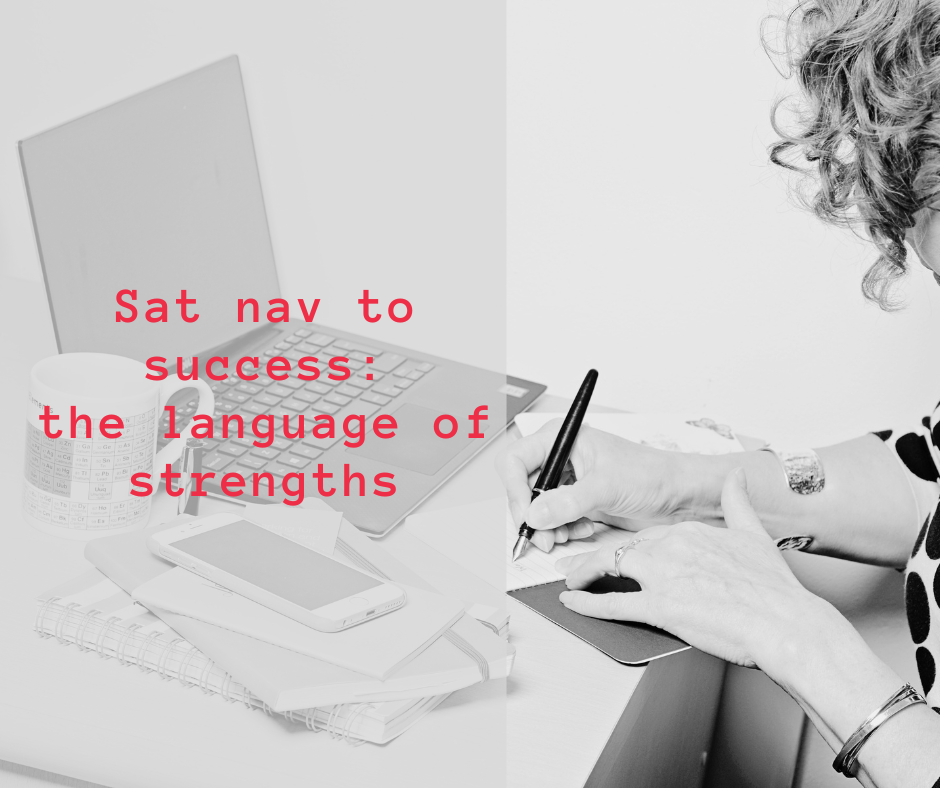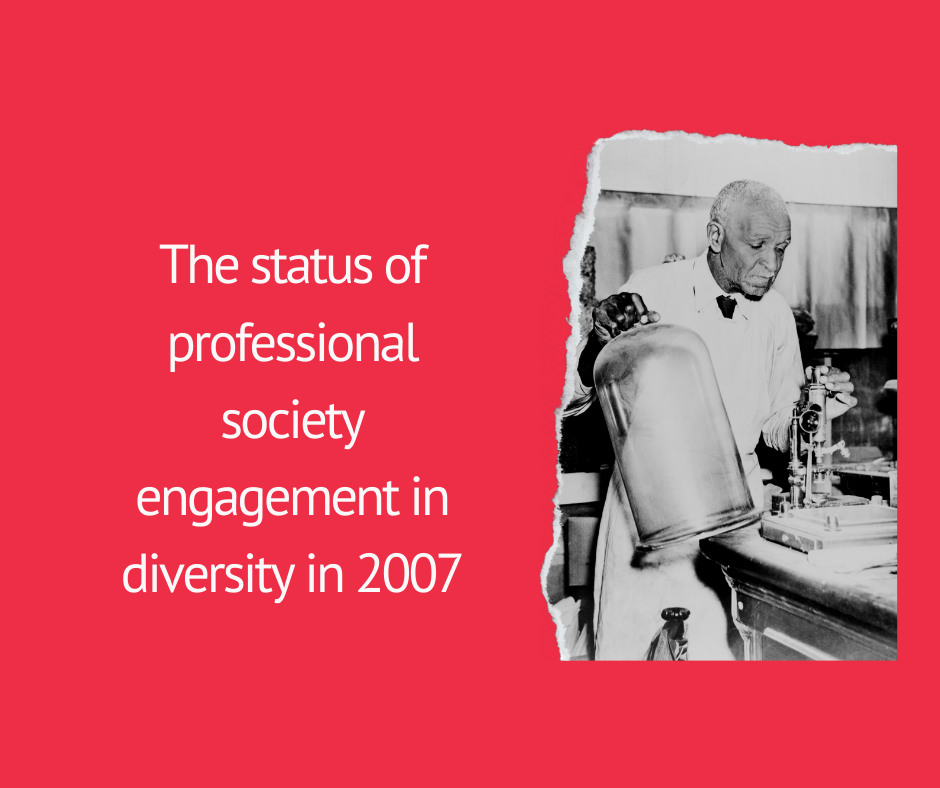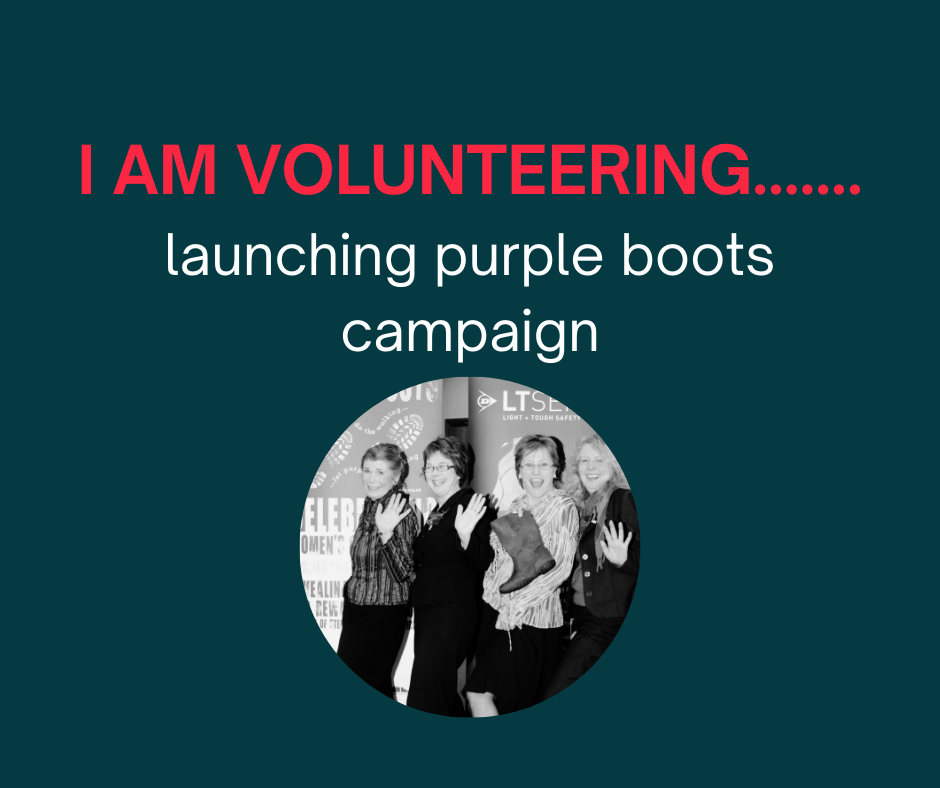Breaking barriers, shifting cultures in STEM
I noticed how girls and women weren’t on a level playing field early in my life. The omission of girls’ names was stark in my physics O level paper. All the examples were about boys. I didn’t intend to pursue a career addressing equality. But opportunities, requests, and clarity about strategies to make a difference, layered up with each step of experience and secondment. I’ve now run my business Katalytik since 2004 and love delivering interactive, hands-on workshops, and facilitating great conversations about inclusion, innovation, and belonging.
Research and STEM outreach
Bridging academia and manufacturing
Evidence-based policy and action
Tackling cultural inclusion
Bridging industry and undergraduate education
Awards
Consolidating
While studying for a Masters degree – one woman among 40 men – and during my PhD I noticed the low number of female academics and the poor attitudes of some staff. There were fewer than 1% female attendees at the photovoltaic conferences I was attending. I developed a passion for STEM outreach, with time on BBC Radio 4 as a Media Fellow and writing for the Women’s Engineering Society magazine. Read more about my STEM activities.
I was working in high tech manufacturing and knowledge transfer between universities and industry. I worked at the manufacturing interface and then on the science policy side in the Tech Transfer team at NERC. I supported researchers and academics in building dialogue to create new products. I was noticing working practices and attitudes that caused exclusion. And this catalysed an evidence-based approach, see this for example. Therefore, my approach to outreach increased and shifted.
I was seconded to run the Government’s Women in Science Team in early 1999 and was also the UK expert to the European Commission. I brought an evidence-driven approach to the UK. I introduced national metrics to develop a strategy and community growth. This led to some time at The Royal Society and then my own consultancy. At the Royal Society I led a data project on ethnicity and socioeconomic backgrounds in STEM, liaising with the IoP and RSC, Royal Institution and Royal Academy of Engineering.
I was invited to join the Council of the Women’s Engineering Society at a time of business planning and strategic development. I was involved in beginning to reshape how WES could work to deliver its mission, and shape the journey to a staff-run organisation. I was elected as President in 2008 – the first to serve a 3-year term. I worked on a growing number of volunteering and advisory roles for professional bodies, including a campaign around safety clothing for women. These fuelled my fire for activism.
I was invited to submit ideas to the HE STEM programme, and began a project called Set to Lead with UCL Engineering. This introduced me to CliftonStrengths and the need to build inclusion into engineering project work at undergraduate level. I continued to build on this to change the conversation around diversity in STEM education and employment.
I was awarded an MBE in the New Year Honours List in 2017 and an Honorary Doctorate in Engineering from Bournemouth University later that year. This was followed by a nomination (and success!) in the Good Housekeeping Inspiring Women Awards in 2019.
Drawing together my experience from work with UCL and certification as a Strengths coach created more opportunities to spread the word to wider audiences – both online and face to face. I now facilitate engaging and interactive workshops and talks for up to 300 people addressing performance and belonging.





